US involved in failed assassination attempt against Iraqi PM: Nujaba official
Iraq’s al-Nujaba Movement says all indications suggest that the United States has a hand in the botched assassination attempt against Iraqi Prime Minister Mustafa al-Kadhimi whose residence was targeted by and explosives-laden drone in the capital Baghdad, calling for the expulsion of the American ambassador from the country.
Sheikh Ali al-Asadi, the head of the political council of the Iraqi resistance movement, called the attack an attempt to plunge Iraq into an abyss of internal strife, which could have dangerous consequences.
“All evidence and signs indicate that the American embassy is involved in the incident,” he added, noting that the diplomatic mission did not take any measures in order to repel the attack despite the fact that it is equipped with a C-RAM air defense system.
Asadi called for formation of impartial committees to help identify and prosecute those responsible for the failed attempt to prevent manipulation of criminal evidence.
“If the evil American embassy is found responsible for the attack, the seditionist US ambassador [Matthew H. Tueller] must then be expelled from Iraq,” head of the al-Nujaba Movement’s political council said.
The spokesman for the Iraqi Joint Operations Command has already raised questions about the inactivation of the US military’s C-RAM systems used to detect and destroy incoming rockets and flying objects.
“We are currently discussing the matter with the American side and officials from the US embassy. This is an issue that experts should throw light on and explain,” Major General Tahsin al-Khafaji said on Sunday.
A statement released by the Security Media Cell, affiliated with the Iraqi prime minister’s office, said Kadhimi was subjected to a failed assassination attempt with a booby-trapped drone early Sunday.
The statement said the drone attack targeted his residence, but the Iraqi prime minister was “unharmed” and is “in good health.”
No group immediately claimed responsibility for Sunday’s attack.
The attack came two days after protests in the Iraqi capital over the results of last month’s legislative elections turned violent.
Demonstrators denounced what they called “fraud” in the polls, and clashed with security forces outside Baghdad’s high-security Green Zone.
Gunfire could be occasionally heard on the protest site, with as many as three protesters reported dead and dozens wounded.
Iraqi leaders and resistance groups have denounced attacks on people protesting against the results of the October 10 elections, in which Shia cleric Muqtada al-Sadr’s party won 73 seats to be the largest group in the country’s 329-strong parliament.
Hezbollah attacks Israeli forces after Lebanese homes blown up
World leaders, states hail ICC arrest warrants for Netanyahu, Gallant
MP: US accountable for possible Israeli 'foolishness' to attack Iraq
VIDEO | Israeli policies strangle Palestinian agriculture, economy
Iran's president offers condolences to Pakistan over terrorist attack
Canada’s Yukon town council at standstill over refusing oath to King Charles
Yemen's Houthi calls for jihad to protect Palestine against Israel
VIDEO | Internal rifts within Israel


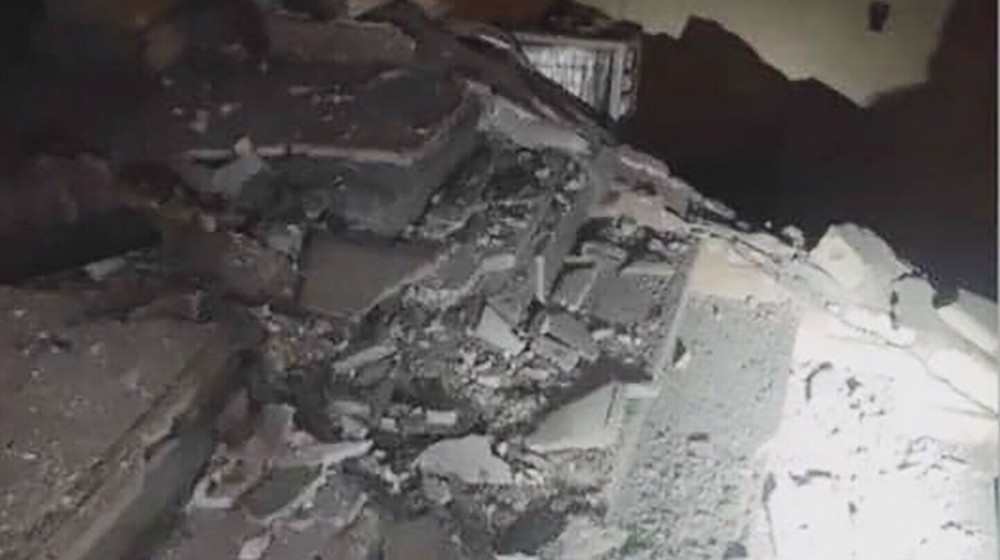
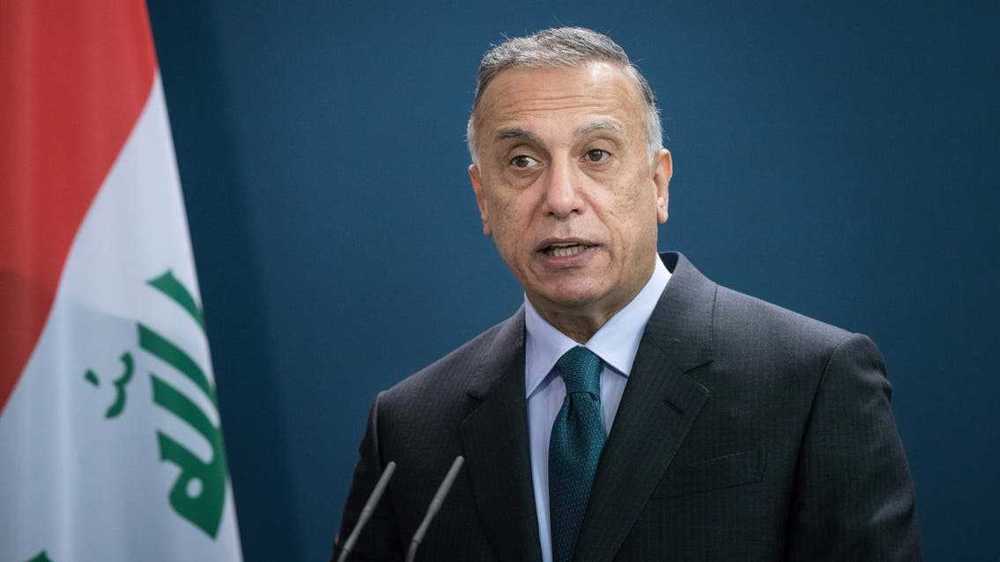
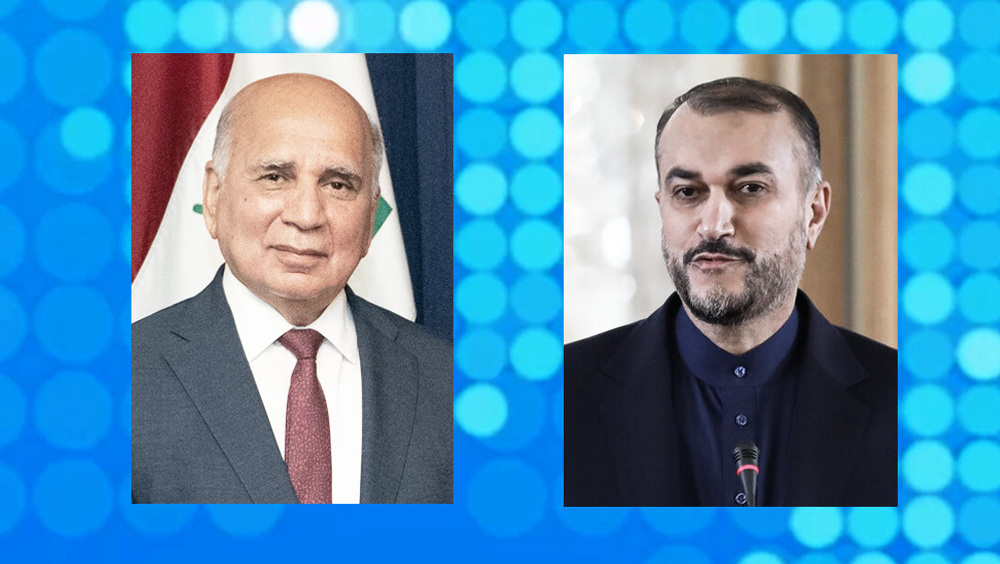
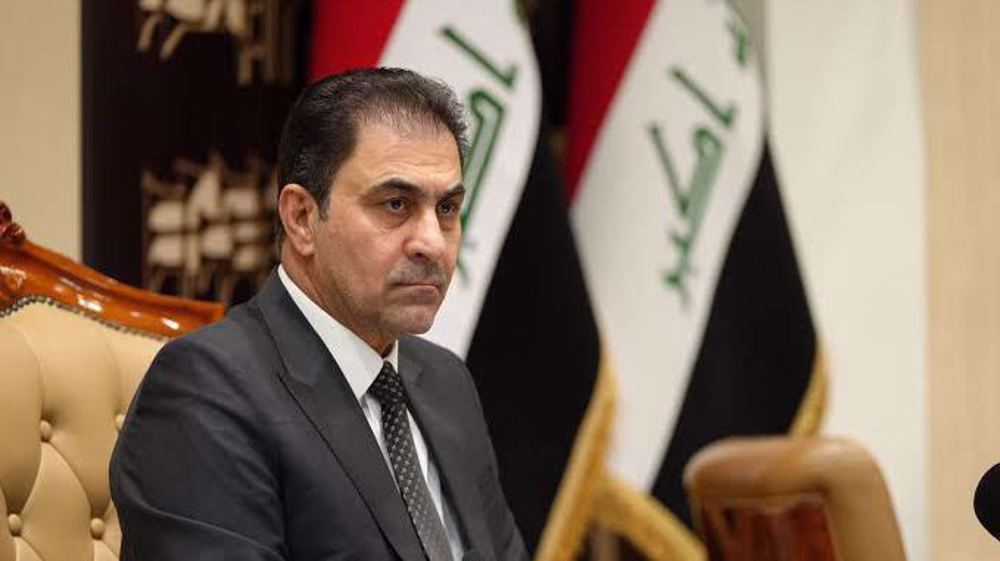
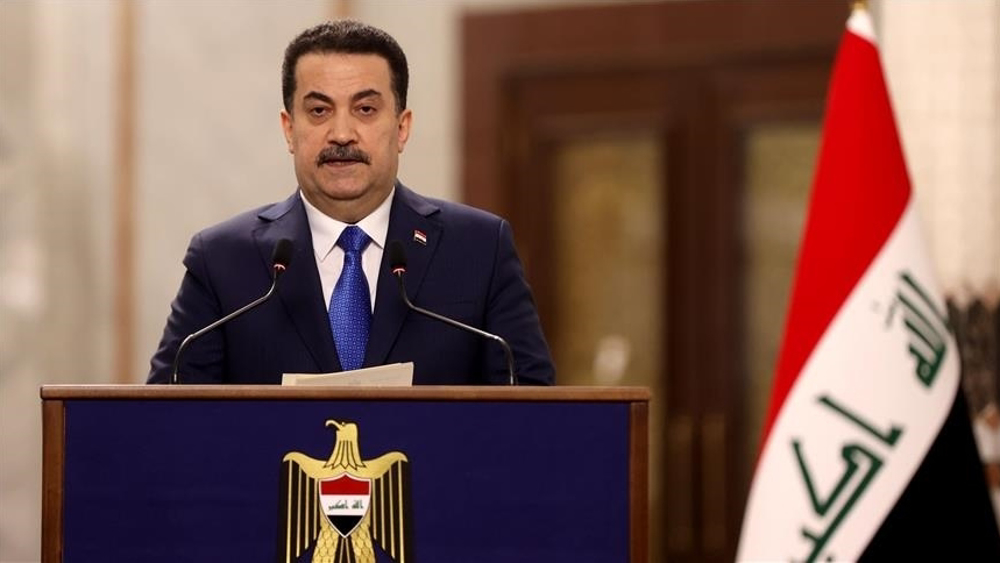
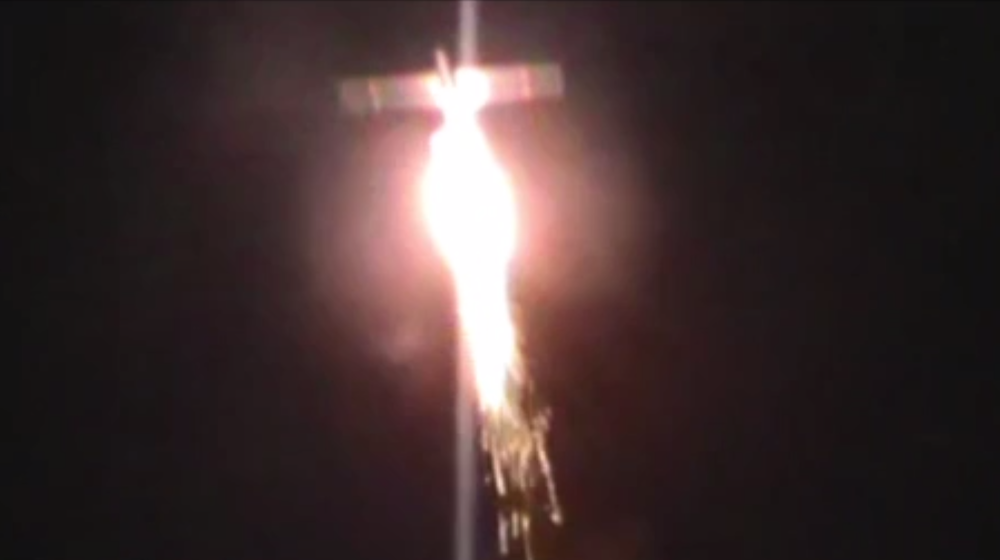



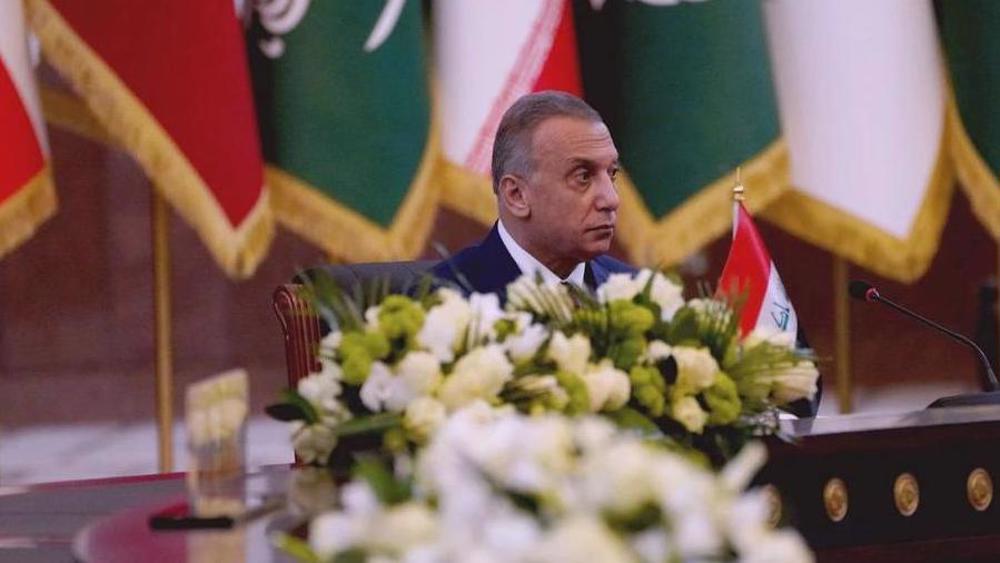
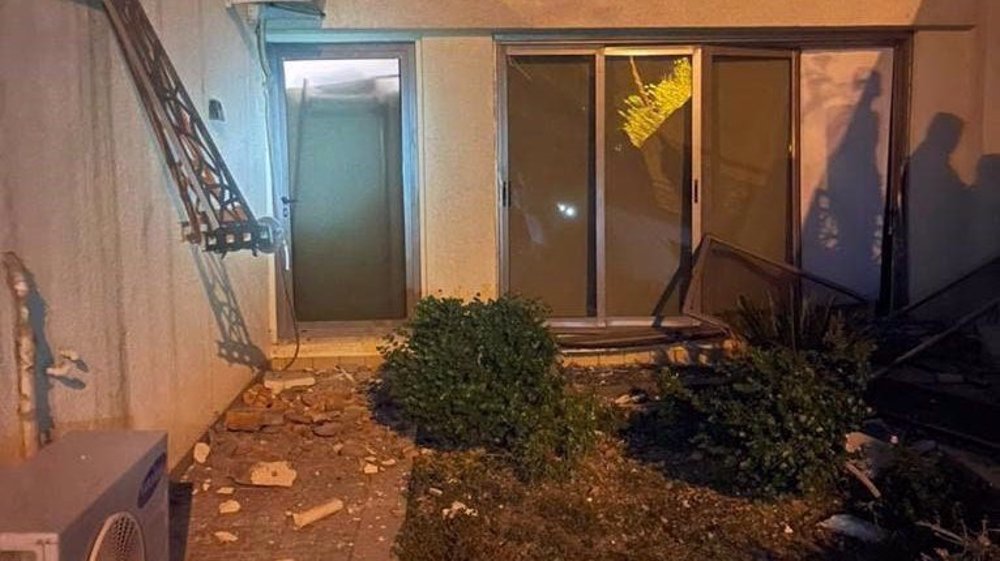

 This makes it easy to access the Press TV website
This makes it easy to access the Press TV website